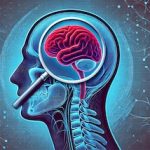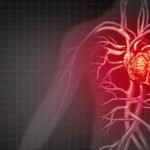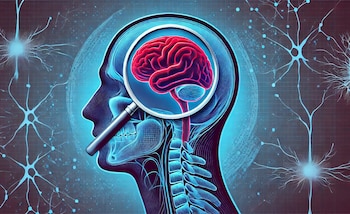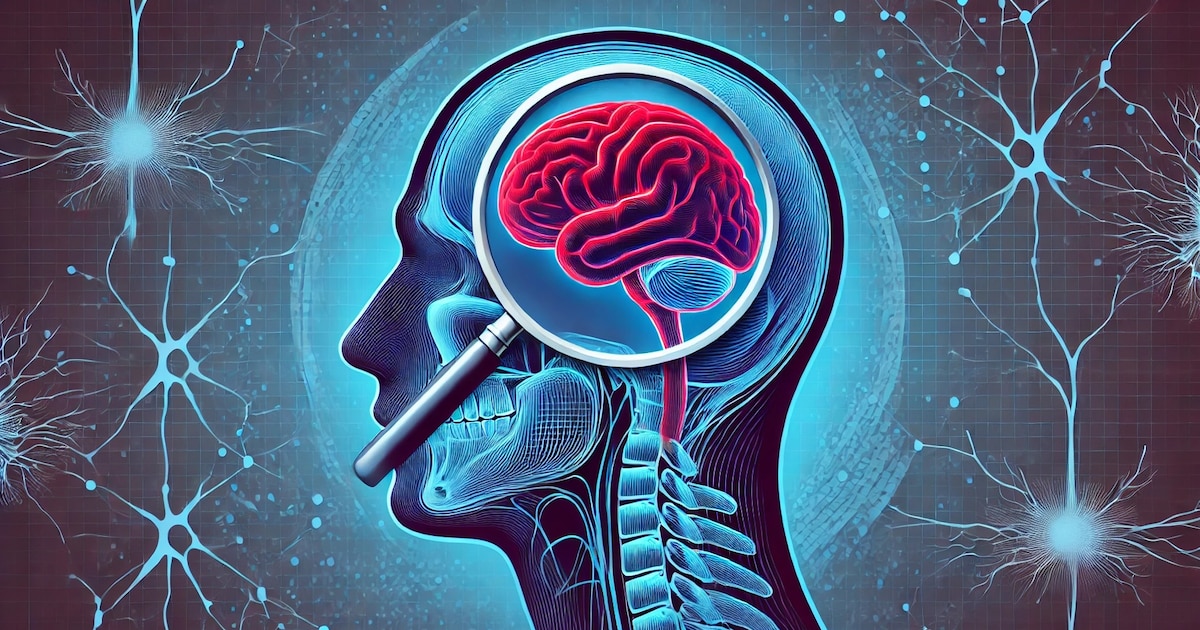





He heart and the brain They may seem like independent organs, but their connection is much closer than we usually imagine. The heart is responsible for pumping blood that carries oxygen and vital nutrients to the brain, while the brain regulates key functions of the heart, such as heart ratethe breathing and the blood pressure. This constant collaboration between the two is essential to maintain the general health of the body.
The American Heart Association (AHA) identifies three main heart conditions that directly influence brain health: the atrial fibrillationthe heart failure and the coronary heart disease. Each of these diseases can have a significant impact on cognitive function and increase the risk of developing dementia.
The AHA published this research in a new scientific statement in the journal strokehighlighting recent studies that reinforce the connection between certain heart diseases and deteriorating brain health. According to Dr. Fernando D. Testaineurologist and chair of the AHA writing group, taking care of heart health from an early age is crucial not only to prevent heart disease, but also to protect the brain and reduce the risk of dementia in later life.

The atrial fibrillation It is the most common cardiac arrhythmia in adults, affecting millions of people around the world. This condition increases the risk of suffering from strokewhich can seriously damage the brain. Studies also show that atrial fibrillation increases by 39% the risk of cognitive decline, even without an obvious stroke. This occurs because the atrial fibrillation It reduces the heart’s efficiency in pumping blood, meaning that areas of the brain responsible for cognitive function receive less oxygen and nutrients. Furthermore, both atrial fibrillation and Alzheimer’s disease They share risk factors, such as inflammationwhich can cause brain damage.

The heart failure It means that the heart is not pumping blood efficiently. As a result, the flow of oxygen and nutrients to the brain is reduced, which can cause significant cognitive impairment. Studies indicate that around 50% of people with heart failure suffer some type of cognitive impairment, affecting areas such as languagethe memory and the executive skills (such as planning and organization). Additionally, this condition is linked to brain changes such as reduced gray matter and the damage to the white matter of the brain.

The coronary heart disease is the result of the accumulation of plate in the arteries of the heart, which can restrict blood flow to the brain. Research suggests that people with this condition are at risk 27% major to develop dementia. After a heart attackuntil the 50% of patients also experience some type of cognitive impairment. As in other conditions, chronic inflammation and the reduced blood flow They play an important role in the deterioration of brain health.
One of the key mechanisms connecting heart disease to cognitive decline is inflammation. This body response, although necessary to fight infections and repair damage, can become chronic and harmful when excessive or prolonged. Studies have shown that inflammation is present in both heart disease and brain disorders such as dementia.
When the heart does not function properly, either due to a heart failure, atrial fibrillation or other cardiovascular diseases, the body can develop a state of chronic inflammation. This inflammation not only affects the heart, but can also have serious consequences on the brain. High levels of inflammation increase the risk of blood clotswhich can block blood flow to the brain and cause strokes. In turn, these events can damage brain tissue, affecting memory, language, and other cognitive functions.
Dr. Fernando D. Testai highlights that inflammation is a crucial link between cognitive decline and heart disease. According to him, “it is possible that damage to an organ, such as the heart, causes a systemic inflammation that negatively affects other organs, such as the brain.” This systemic process can contribute to the development of neurodegenerative diseases such as Alzheimer’s and other forms of dementia.
Another revealing aspect is the biochemical connection between the neurodegeneration and the heart diseases. have been found biomarkers of neurodegeneration, that is, signs of damage to the nervous system and brain, in people with cardiac dysfunction. These findings suggest that both the heart and the brain are intertwined not only functionally, but also at the molecular level. In fact, chronic inflammation can promote degeneration of brain tissue, contributing to deterioration of gray matter and white matter of the brain.
In addition to inflammatory factors, there are genetic predispositions which can increase the likelihood of both heart disease and dementia. According to Dr. Testai, “recent discoveries of genetic links between heart health and brain structure suggest that these two conditions, previously thought to be indirectly related, may share genetic predispositions”. This means that if a person has a genetic predisposition to develop a heart diseaseyou may also have a higher genetic risk for cognitive decline or dementia.
The inflammation It is, therefore, one of the most determining factors that link heart health with that of the brain, underscoring the importance of controlling it through the prevention and early treatment of cardiovascular diseases.
The prevention It is the most important element to protect both the health of the heart like that of brain. Taking care of these two organs from an early age can significantly reduce the risk of developing cardiovascular disease and cognitive decline later in life. The American Heart Association (AHA) and the Alzheimer’s Association have developed a series of recommendations to promote a healthy lifestyle that benefits both the heart and the brain.

The AHA identifies eight key components to maintaining the heart health and therefore protect the brain:
- Follow a heart-healthy diet: Eat nutrient-dense foods such as fruits, vegetables, whole grains, lean proteins, and healthy fats (for example, from olive oil and nuts). Limit consumption of sodium, added sugars and saturated fats.
- Be physically active: Incorporate regular physical activity, such as walking, running or swimming. Exercise improves circulation, reduces inflammation, and promotes heart and brain health.
- quit smoking: he smoking It damages blood vessels and increases the risk of cardiovascular disease and stroke. Quitting smoking is crucial to protecting the brain from long-term damage.
- Get enough quality sleep: Sleeping 7 to 9 hours a night is essential for body repair, including heart and brain health. Sleep disorders, such as obstructive sleep apneaare linked to heart disease and cognitive decline.
- Control weight: Maintaining a healthy weight reduces the load on the heart and reduces the risk of diseases such as hypertension and diabetes, which also affect the brain.
- Monitor blood pressure: the hypertension It is one of the main risk factors for heart disease and stroke, which can lead to brain damage.
- Control blood sugar: the diabetes Uncontrolled, it can damage blood vessels in the heart and brain, increasing the risk of cognitive decline.
- Maintain healthy cholesterol levels: a high level of cholesterol in the blood can cause plaque buildup in the arteries, which increases the risk of heart disease and reduces blood flow to the brain.
The Alzheimer’s Association Add to these recommendations other elements focused on directly protecting the brain, such as:
- challenge the mind: Learn new skills, solve problems, and engage in brain-stimulating activities, such as reading, playing an instrument, or playing brain games.
- Continue education: Keep the brain active through continuous learning and social interaction.
- Protect the head from injuries: use helmets to avoid blows to the head during sports or risky activities, and prevent falls at home.
